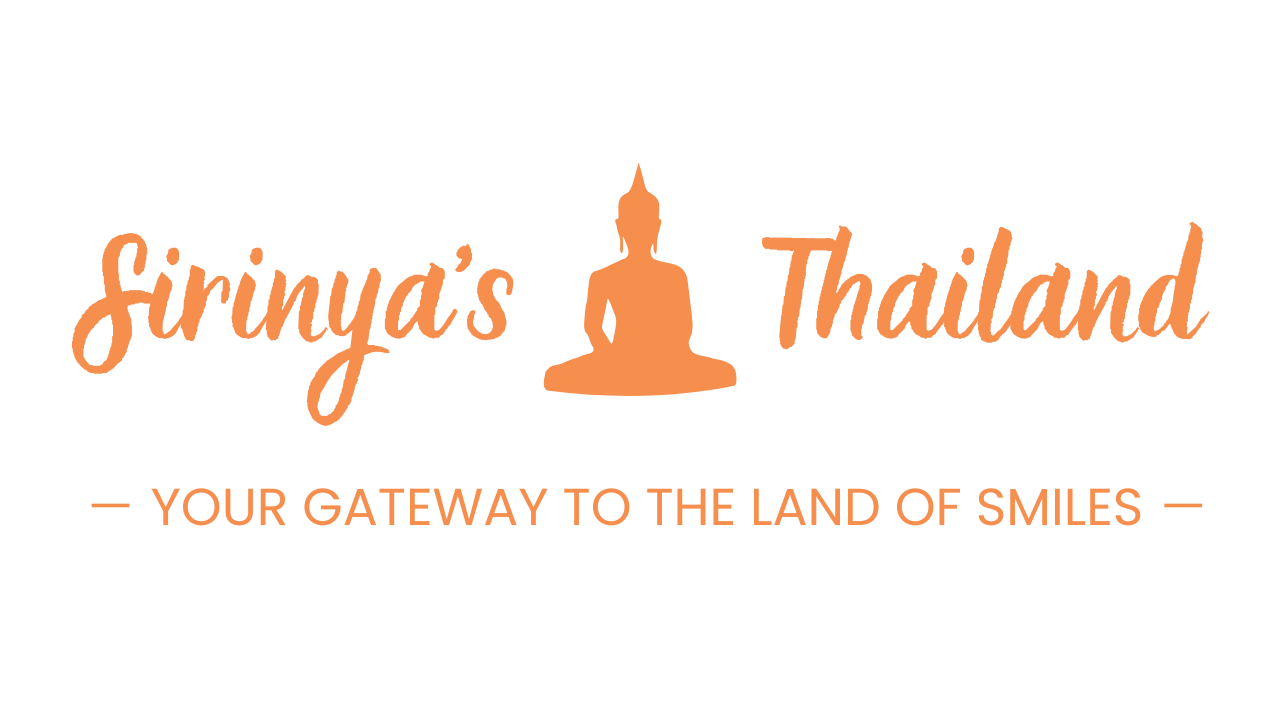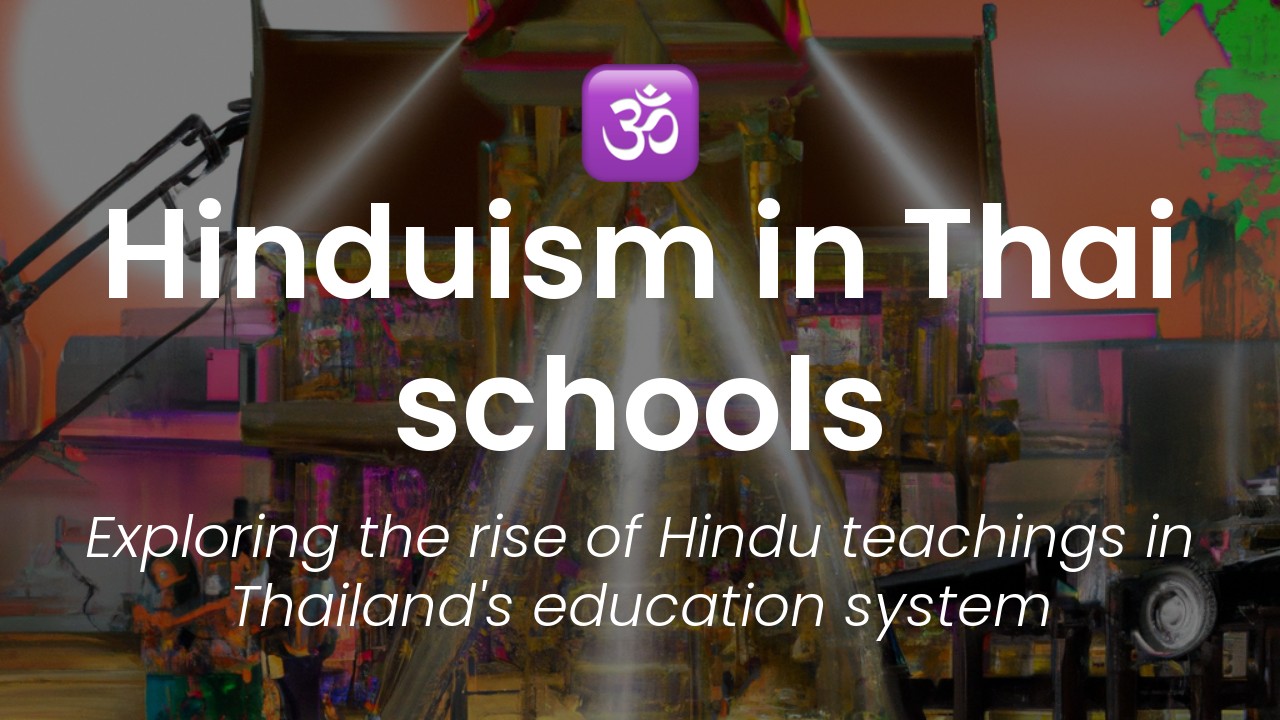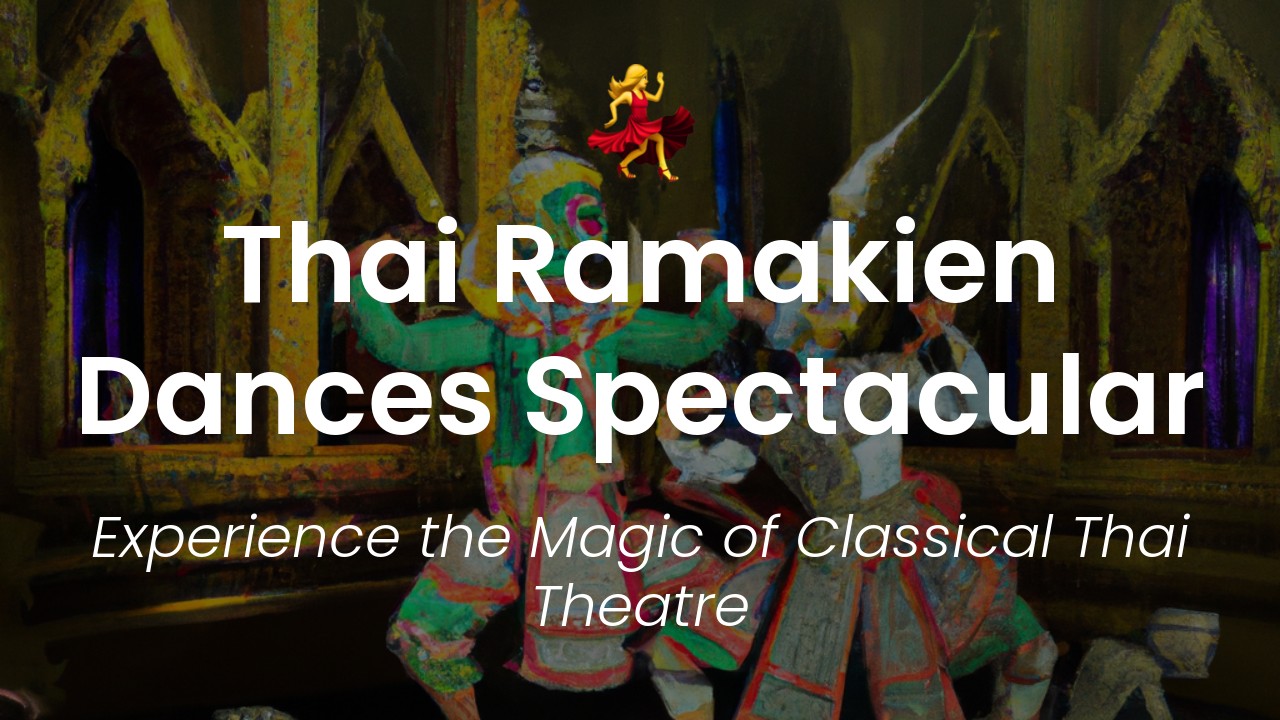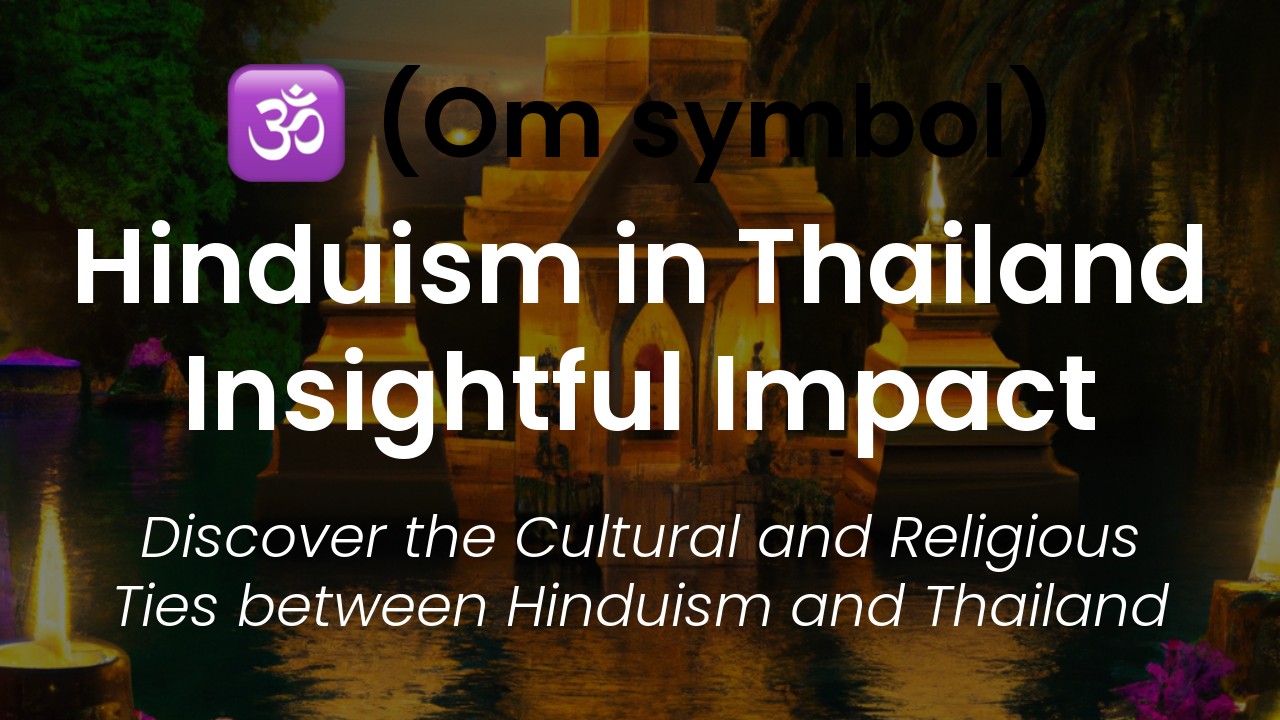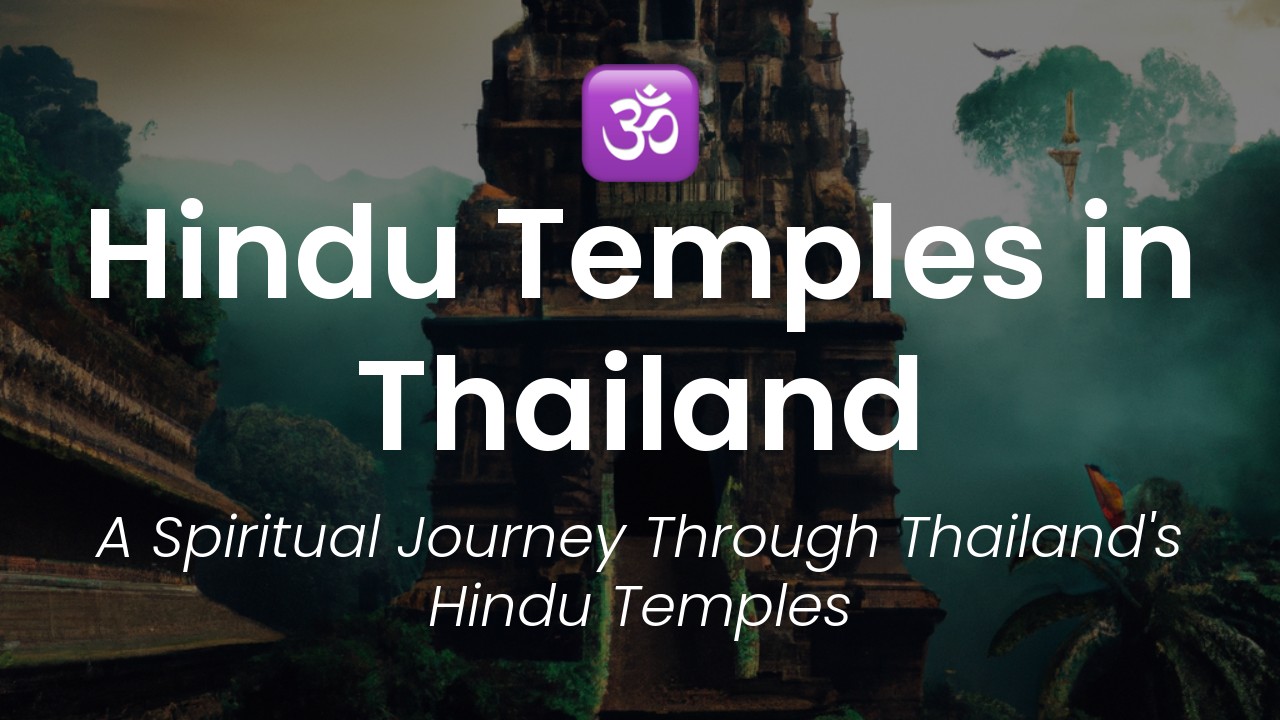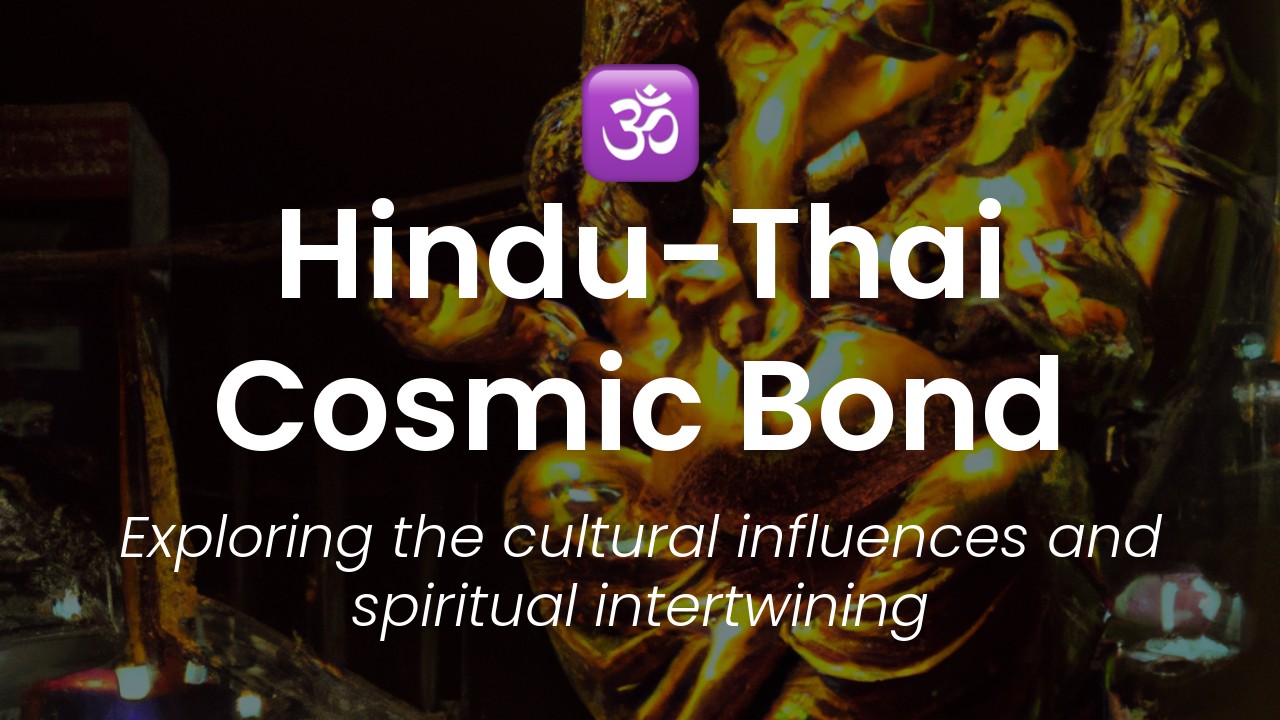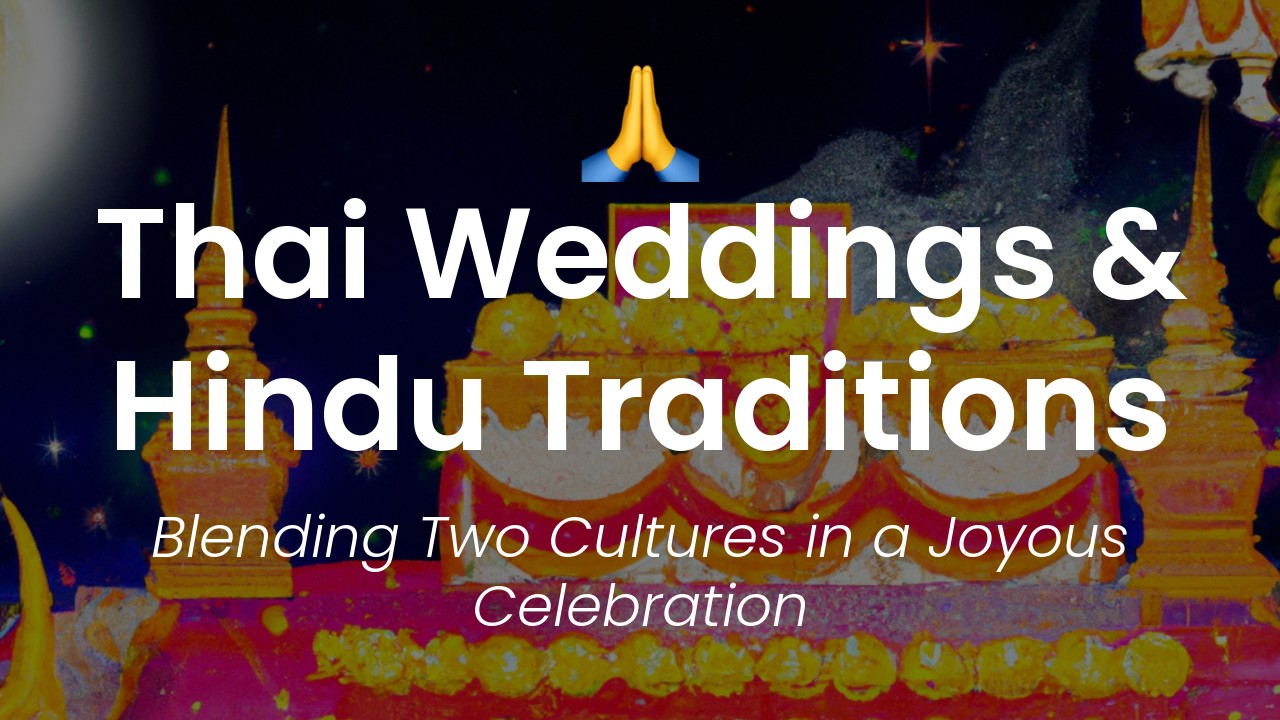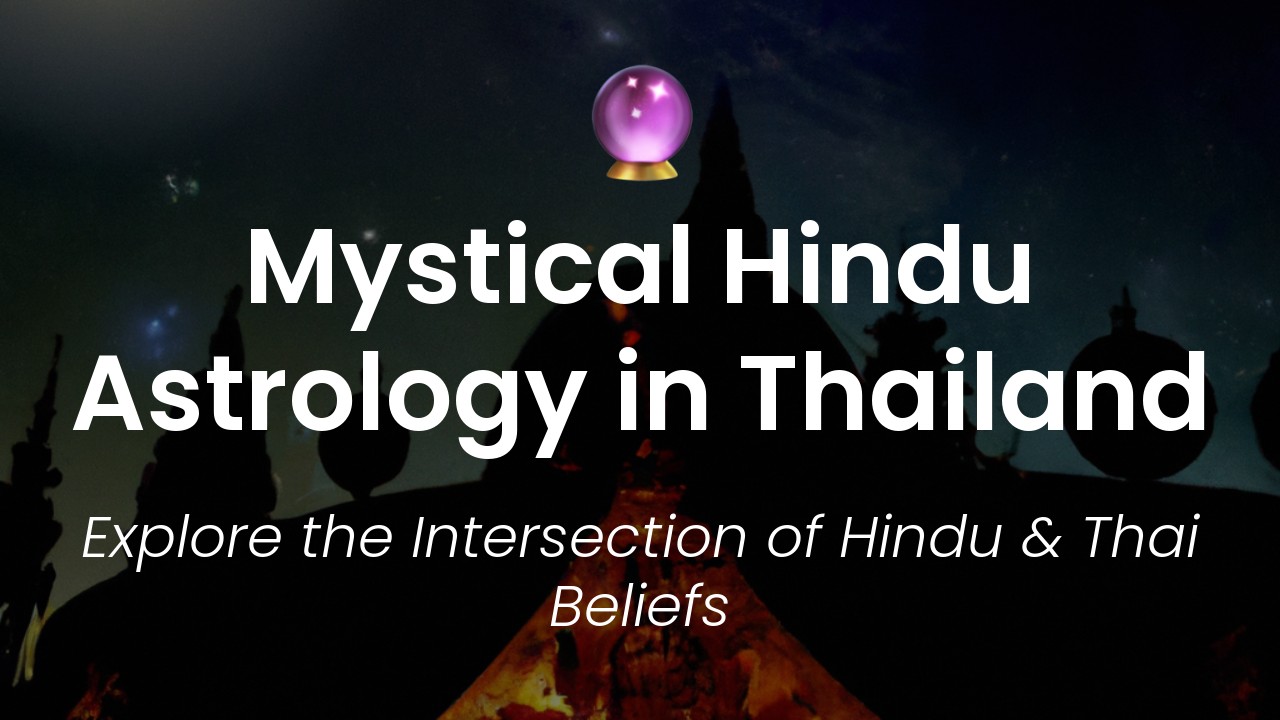As a Thai blogger, I have always been proud of my country's rich culture and history. Thailand is known for its unique blend of Buddhism, Hinduism, and traditional animist beliefs. In recent years, however, there has been a growing concern among Thai citizens regarding the influence of Hinduism in the country's schools. This has been the subject of much debate and controversy in recent months, with many people calling for the government to take action to preserve the country's Buddhist identity.
The issue has come to a head with the recent introduction of a new curriculum in some Thai schools that includes more teachings on Hinduism. While some see this as a positive development, others fear that it is yet another step towards the erosion of Thailand's traditional culture and religion. I decided to take a deep dive into the issue to understand it better and to share my insights with my readers.
In this article, I will explore the history of Hinduism in Thailand, its impact on Thai culture and religion, and the reasons why it is now being taught in some schools. I will also examine the arguments for and against the inclusion of Hinduism in the curriculum and discuss the implications of this development for Thailand's cultural and religious identity. Join me as I delve into this controversial issue and shed light on this important topic that is relevant not just to Thailand, but to cultures all over the world.
Background of Hinduism in Thailand
Hinduism has been a significant influence in Thailand for centuries, with its origins dating back to the ancient times. The adoption of Hindu practices in Thai culture began in the 6th century, and it was during this period that the Brahmin caste introduced Hinduism to Thailand.
Over the centuries, Hinduism has influenced the Thai language and culture, including its art, architecture, literature, and religion. Even today, Hinduism is still present in many aspects of Thai life, and many Thais continue to practice Hindu rituals.
Controversy over Hindu teachings in schools
Recently, the Thai education government has approved the teaching of Hinduism as part of the religious education curriculum in Thai schools. However, this has sparked controversy among some Thai citizens who believe that it is a threat to their Buddhist faith, the primary religion of Thailand.
Many Buddhists have expressed their concerns about Hinduism being taught in schools because it may promote religious confusion and undermine Thailand's identity as a predominantly Buddhist country. Some have even accused the government of attempting to convert Thai people into Hindus.
The controversy did not stop there, as some Thai citizens also protested against the decision, demanding that the government reverse its decision. They argue that the government is overstepping its bounds by introducing a foreign religion into the Thai education system.
The adoption of Hindu practices in Thai culture
Thailand's relationship with Hinduism stretches back to ancient times, with the religion's teachings and traditions influencing various aspects of Thai culture and society. The adoption of Hindu practices has been evident in Thailand's arts and architecture, with examples such as the famous Wat Arun temple in Bangkok.
Hindu practices have also influenced the way Thais celebrate their festivals, with many adopting certain Hindu customs and rituals during occasions such as Loy Krathong, Songkran, and the annual Vegetarian Festival.
Brahmin priests are also present in Thailand who provide traditional Hindu services, including conducting ceremonies such as weddings, funerals, and other religious observances.
Criticisms and defenses of Hindu teachings
Since the announcement of the Thai government's decision to include Hindu teachings in schools, there have been many criticisms and defenses of this decision.
Some critics argue that introducing Hinduism into schools is an attempt to undermine Thailand's Buddhist identity, while others contend that the move is a step towards promoting religious diversity and tolerance.
Supporters of the decision argue that teaching Hinduism can broaden students' understanding of different religions, cultures, and practices, helping to create a more inclusive society. They argue that Thai students can learn from these teachings to embrace diversity and respect all religions, cultures, and customs.
Impact of Hinduism on Thai society
The impact of Hinduism on Thai society is evident in various aspects of Thai life, including politics, religion, and culture. Despite being a minority religion, Hinduism is still a significant influence on the Thai population.
The adoption of Hindu practices in Thailand has led to the emergence of several alternative religious movements, such as the Brahma Kumaris, which is a Hindu-based spiritual organization that has a significant following in Thailand.
Hinduism has also influenced Thai politics, with many politicians using Hindu symbolism and mythology in their campaigns and communications. Some even refer to themselves as Rama, the Hindu god, in an attempt to gain public support.
Future implications for religion in Thai education
The inclusion of Hindu teachings in Thai schools raises questions about the future of religion in Thailand's education system. With the rise of religious diversity, including Islam and Christianity, there has been a renewed call for more religious tolerance and understanding.
Some argue that the Thai government must address the issue of religious education and create a more balanced curriculum that incorporates all the major religions in Thailand. This approach could help to create a more inclusive and harmonious society where all religions can coexist peacefully.
Final insights on the significance of this development
The decision to introduce Hindu teachings in Thai schools reflects the changing religious landscape in Thailand. The rise of religious diversity and the need for more religious tolerance and understanding has led to the inclusion of Hinduism in Thailand's education system.
While there has been controversy and criticism over this decision, it is a step towards promoting religious diversity and tolerance in Thai society. By learning about different religions and cultures, Thai students can grow to become more accepting and respectful of everyone around them.
The inclusion of Hindu teachings in Thai schools is only the beginning. There is still much more work to be done to create a more balanced religious education curriculum. But with continued efforts towards tolerance and understanding, Thailand can continue to foster a more inclusive and harmonious society for all its citizens.
